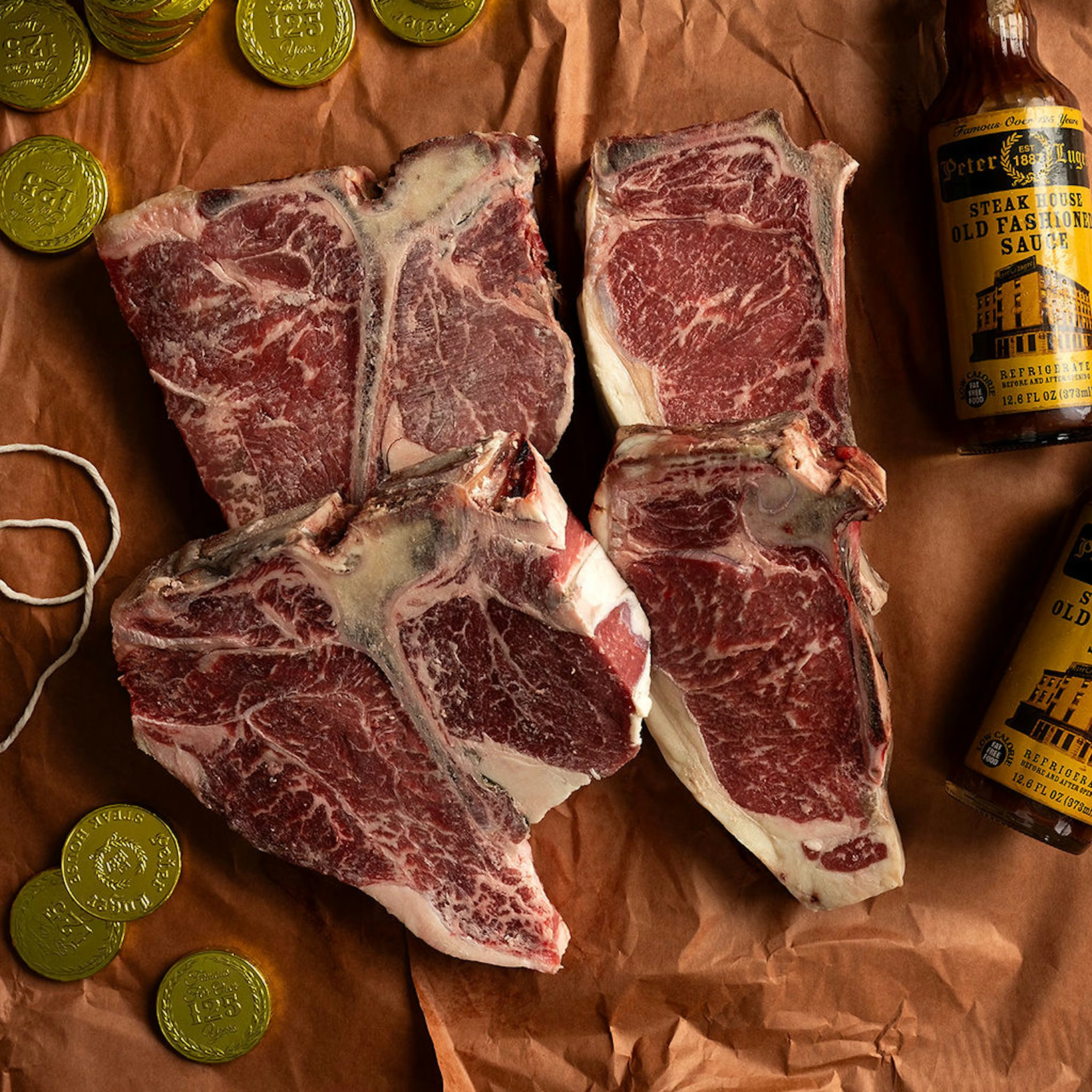The foodservice industry is currently undergoing a quiet revolution, driven by the increasing popularity of custom vegetable oils. As consumers only get more health conscious, restaurants and food manufacturers are looking for ways to meet their unique nutrition needs, from frying to baking. This article will explore these specialised oils further, including their benefits and different applications.
What are custom vegetable oils?
Custom vegetable oils cater to organisations that are looking for a tailor-made oil with specific, desirable characteristics. Unlike standard commodity oils, these are developed by a specialised vegetable oils manufacturer to achieve those particular performance goals, whether that means an improved balance of flavour, better nutritional value, enhanced stability or longer shelf life.
This can include anything from creating a high-oleic version of common oils, like sunflower or olive oil, to developing unique blends, such as apricot, macadamia, argan and sweet almond oils. These oils can also be refined to be cold-pressed or organic pressed, as well as Halal and Kosher certified, if that’s what the particular sector requires. The end goal is to produce high-performance ingredients that can be used for a wide range of applications, moving far away from the currently dominating one-size-fits-all approach.
The benefits in foodservice
The use of custom vegetable oils offers a variety of advantages for businesses in the foodservice sector. The primary benefit is, of course, improved food quality and consistency. These oils are designed to not only meet the highest quality standards, but also provide an enhanced flavour (cleaner taste) and texture (pleasant mouthfeel). The increased stability of these oils also translates into a longer fry life and shelf life, reducing overall waste and, therefore, costs.
Furthermore, tailor-made oils can be formulated to have a healthier nutritional profile, meeting the rising demand for natural and eco-friendly ingredients. For food manufacturers, this means having a cleaner ingredient label, ruch with essential vitamins and fatty acids, attracting consumers looking for pure options. What’s more, custom vegetable oils are also typically sustainably sourced, which appeals to environmentally conscious consumers too. These values come hand in hand with the performance and flavour requirements, no compromises.
Applications across industries
The versatility of custom vegetable oils is far higher than readily available options. In snack manufacturing, for instance, these oils are crucial for producing anything from potato chips to crackers, with a crunchy texture and consistent taste, which is extremely important in large batches. In commercial bakeries, specific oil blends can also be used to create pastries and breads without bringing unwanted flavours into them. Restaurants can use these high-stability oils for both frying in kitchen operations and as drizzle for salad dressings. The ability to source oils that are Kosher or Halal certified is also a game-changer for institutions catering to customers with specific dietary requirements.
It’s not just the foodservice industry, however. Custom vegetable oils are also commonly used in the cosmetics and skincare sectors, thanks to the many antioxidant and anti-inflammatory values found in them. For example, shea butter or cocoa butter are common components in body creams, whereas argan oil is known for its amazing benefits for hair.
Staying ahead of competition
Consumers are no longer settling for something that’s just good enough. They seek products with cleaner and healthier labels as well as ethical sourcing practices. With oil being one of the most important base ingredients in food prep and manufacturing, companies in the industry are moving towards specialised solutions to stay ahead of the competition.








